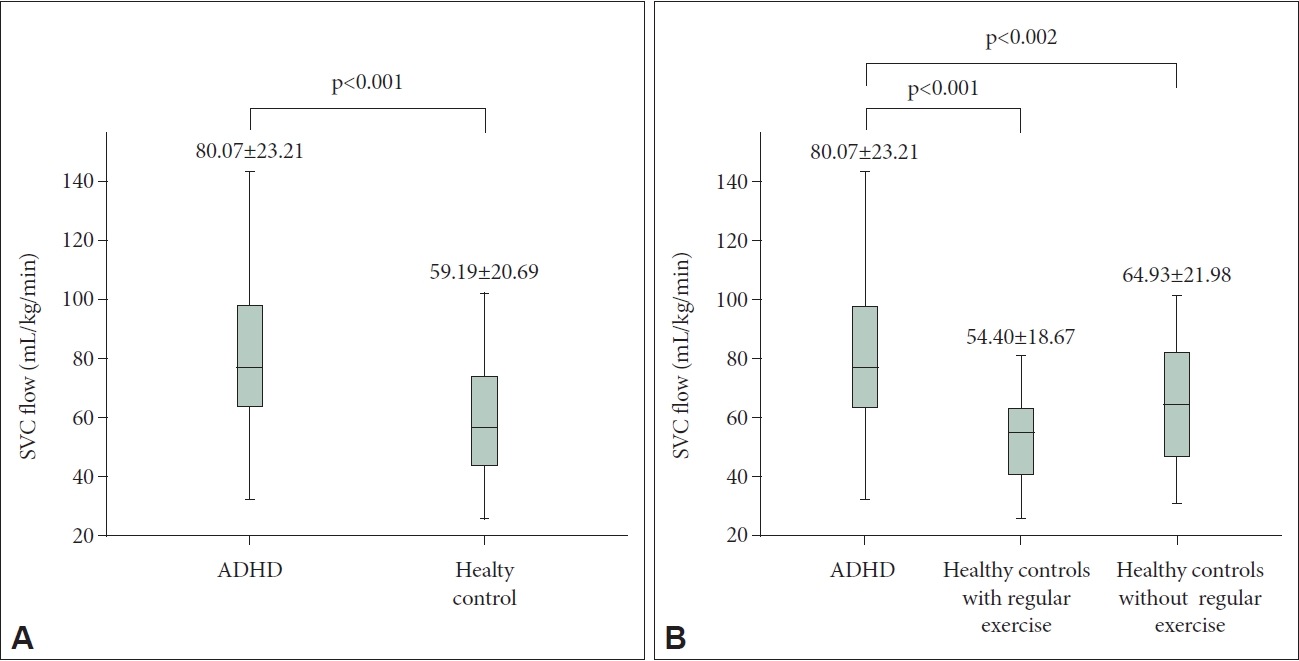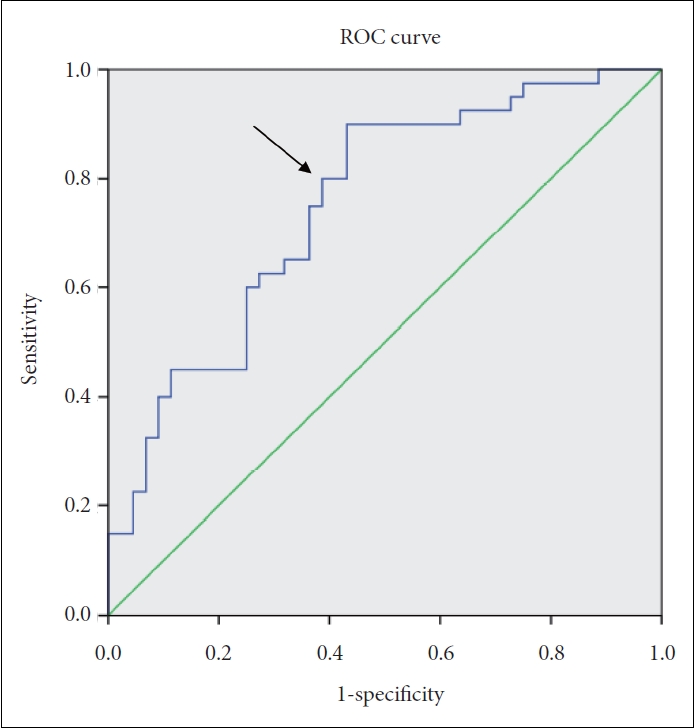1. Polanczyk G, de Lima MS, Horta BL, Biederman J, Rohde LA. The worldwide prevalence of ADHD: a systematic review and metaregression analysis. Am J Psychiatry 2007;164:942-948.


4. da Silva N Jr, Szobot CM, Anselmi CE, Jackowski AP, Chi SM, Hoexter MQ, et al. Attention deficit/hyperactivity disorder: is there a correlation between dopamine transporter density and cerebral blood flow? Clin Nucl Med 2011;36:656-660.

5. Madras BK, Miller GM, Fischman AJ. The dopamine transporter and attention-deficit/hyperactivity disorder. Biol Psychiatry 2005;57:1397-1409.


6. Umair HM, Sandler RD, Alunno A, Matucci-Cerinic M, Hughes M. Association between central nervous system stimulants used to treat attention deficit hyperactivity disorder (ADHD) and Raynaud’s phenomenon: a scoping review. Semin Arthritis Rheum 2021;51:1200-1204.


8. de Waal K, Kluckow M. Superior vena cava flow: role, assessment and controversies in the management of perinatal perfusion. Semin Fetal Neonatal Med 2020;25:101122


9. Salim MA, DiSessa TG, Arheart KL, Alpert BS. Contribution of superior vena caval flow to total cardiac output in children. A Doppler echocardiographic study. Circulation 1995;92:1860-1865.


11. Hunt RW, Evans N, Rieger I, Kluckow M. Low superior vena cava flow and neurodevelopment at 3 years in very preterm infants. J Pediatr 2004;145:588-592.


12. Kaufman J, Birmaher B, Brent D, Rao U, Flynn C, Moreci P, et al. Schedule for affective disorders and schizophrenia for school-age childrenpresent and lifetime version (K-SADS-PL): initial reliability and validity data. J Am Acad Child Adolesc Psychiatry 1997;36:980-988.


13. Ünal F, Öktem F, Çetin Çuhadaroğlu F, Çengel Kültür SE, Akdemir D, Foto Özdemir D, et al. [Reliability and validity of the schedule for affective disorders and schizophrenia for school-age children-present and lifetime version, DSM-5 November 2016-Turkish Adaptation (K-SADS-PL-DSM-5-T)]. Turk Psikiyatri Derg 2019;30:42-50. Turkish.

14. Turgay A. Disruptive behavior disorders: child and adolescent screening and rating scales for children, adolescents, parents and teachers. West Bloomfield, MI: Michigan Integrative Therapy Institute Publication; 1994.
15. Ercan ES, Amado S, Somer O, Cikoglu S. [Development of a test battery for the assessment of attention deficit hyperactivity disorder]. Turk J Child Adolesc Ment Health 2001;8:132-144. Turkish.
16. Groves AM, Kuschel CA, Knight DB, Skinner JR. Echocardiographic assessment of blood flow volume in the superior vena cava and descending aorta in the newborn infant. Arch Dis Child Fetal Neonatal Ed 2008;93:F24-F28.


18. Modi NB, Lindemulder B, Gupta SK. Single- and multiple-dose pharmacokinetics of an oral once-a-day osmotic controlled-release OROS (methylphenidate HCl) formulation. J Clin Pharmacol 2000;40:379-388.

19. Gualtieri CT, Johnson LG. ADHD: is objective diagnosis possible? Psychiatry (Edgmont) 2005;2:44-53.
21. Schulz KP, Fan J, Tang CY, Newcorn JH, Buchsbaum MS, Cheung AM, et al. Response inhibition in adolescents diagnosed with attention deficit hyperactivity disorder during childhood: an event-related FMRI study. Am J Psychiatry 2004;161:1650-1657.


22. Rubia K, Overmeyer S, Taylor E, Brammer M, Williams SC, Simmons A, et al. Hypofrontality in attention deficit hyperactivity disorder during higher-order motor control: a study with functional MRI. Am J Psychiatry 1999;156:891-896.


23. Bennett WF, Altaf F, Deslauriers J. Anatomy of the superior vena cava and brachiocephalic veins. Thorac Surg Clin 2011;21:197-203.


24. Egemen E, Solaroglu I. Anatomy of cerebral veins and dural sinuses. In: Caplan LR, Biller J, Leary MC, Lo EH, Thomas AJ, Yenari M, Zhang JH, editor. Primer on cerebrovascular diseases. 2nd ed. Cambridge, MA: Academic Press, 2017, p. 32-36.
28. Rodriguez RA, Cornel G, Semelhago L, Splinter WM, Weerasena NA. Cerebral effects in superior vena caval cannula obstruction: the role of brain monitoring. Ann Thorac Surg 1997;64:1820-1822.


30. Gustafsson P, Thernlund G, Ryding E, Rosen I, Cederblad M. Associations between cerebral blood-flow measured by single photon emission computed tomography (SPECT), electro-encephalogram (EEG), behaviour symptoms, cognition and neurological soft signs in children with attention-deficit hyperactivity disorder (ADHD). Acta Paediatr 2000;89:830-835.


32. Amen DG, Carmichael BD. High-resolution brain SPECT imaging in ADHD. Ann Clin Psychiatry 1997;9:81-86.


34. Kemp AH, Quintana DS. The relationship between mental and physical health: insights from the study of heart rate variability. Int J Psychophysiol 2013;89:288-296.


35. Thayer JF, Hansen AL, Saus-Rose E, Johnsen BH. Heart rate variability, prefrontal neural function, and cognitive performance: the neurovisceral integration perspective on self-regulation, adaptation, and health. Ann Behav Med 2009;37:141-153.


40. Ayano G. Dopamine: receptors, functions, synthesis, pathways, locations and mental disorders: review of literatures. J Ment Disord Treat 2016;2:1000120

41. Yang Z, Asico LD, Yu P, Wang Z, Jones JE, Bai RK, et al. D5 dopamine receptor regulation of phospholipase D. Am J Physiol Heart Circ Physiol 2005;288:H55-H61.


42. Sibley DR, Monsma FJ Jr, Shen Y. Molecular neurobiology of dopaminergic receptors. Int Rev Neurobiol 1993;35:391-415.


46. Lufi D, Parish-Plass J. Sport-based group therapy program for boys with ADHD or with other behavioral disorders. Child Fam Behav Ther 2011;33:217-230.













